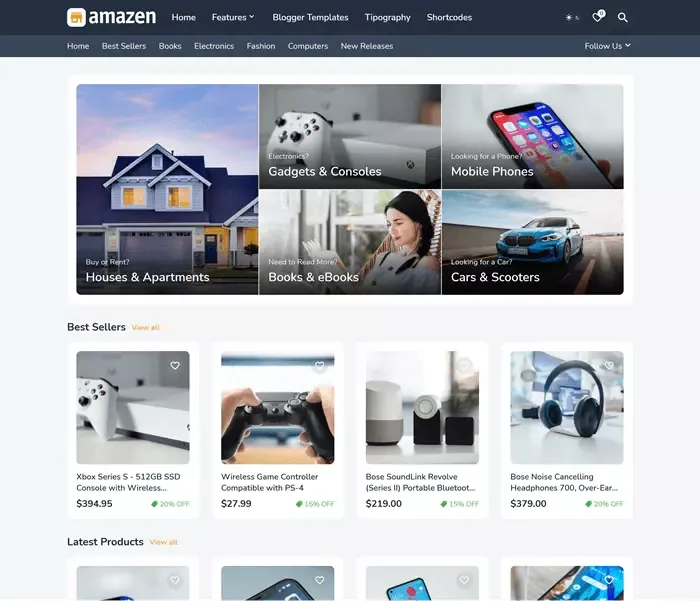What happens after Product Market Fit? - Scaling!
American entrepreneur Marc Andreessen defined Product-Market Fit as "A good market with a product that can satisfy that market." However, achieving Product-Market Fit is not the end of the road but the beginning of a new adventure. In this blog post, we will share with you the steps and challenges you will face after successfully achieving PMF.
First of all, you need to answer a few simple questions:
- Where do you want to be?
- Do you want to grow, or are you satisfied with your current market position?
- Is your business capable of growth?
- Does he have enough capacity?
It is necessary to emphasize that
not all companies want to expand their business
because they are satisfied with the current situation and the way their
company operates. However, it is essential to note that one of the reasons why
many companies do not take this step is
their unwillingness to grow into large companies. However, if you want to grow up and start making serious, big money, then
scaling is what you need to do.
What is scaling?
Scaling refers to providing a product that meets the needs of the
market, and that is designed so that it can survive and then thrive in the
desired market. Scaling involves not only responding to user feedback and
suggestions but also anticipating needs to increase market share.
Airbnb
CEO Brian Cheski recently said the following on scaling:
"There are two phases of startup products. The first is the design of the perfect experience, and the next phase is its scaling."
This is the phase of the
lean startup methodology
that you want to last as long as possible.
What to do?
The moment you are sure that you want to move to the next phase and
expand your business, you must keep in mind that this means:
- Good knowledge of customers and monitoring their needs,
- Analysis and learning from competitors,
- Improving both sales and marketing strategies,
- Team expansion,
- Good financial planning,
- Spreading the culture of the organization itself, etc.
Scaling represents the company's ability to grow and improve its
business without being hampered by resources when it comes to increasing
production.
Do you know your customers?
Knowledge of customers is crucial in business. In one of his ingenious
presentations, Simon Sinek said:
"If you don't understand people, you don't understand business either"
And it is. The decisions you make in your business will also depend on the understanding of customers and their wishes, needs, and problems they face. With a good knowledge of customers, you will be able to secure your resources and direct them to the right place, thus avoiding potential losses.
Do you know your competition?
Competitive analysis is one of the key steps for the progress of your
business, based on which, if done correctly, an invaluable business strategy
can emerge.
Good knowledge of the competition can help your future
business. So research your competitors well. Watch them. Find out how they
manage to be so successful, how they communicate with their audience, which
channels use to communicate, whether they are present on social networks and
what content they share, what is their marketing strategy compared to yours,
etc.
Make an effort to conduct a good analysis of your competitors,
determine what is good and poor and
improve your business based on this information.
What strategies to implement?
What every company wants is to enter a new market, but to achieve that,
it is necessary to have a developed plan. It is essential to
conduct a detailed analysis and get acquainted with the new market.
Focus on gaining new customers and increasing sales.
What you need
to plan in addition to the way your company will perform in the new market are
finances. Your next step should be to provide your business with the necessary
resources so that it can continue to thrive.
It is essential to
think how you could still provide money for your business as well as what
sources of financing you can have in circulation.
How to build a quality team?
The transition of the company to a higher level means the need to bring
in new people and team members who will be in charge of performing certain
tasks. Hiring the right people and building a quality team is not something
that can happen overnight.
And for that to happen, it is necessary
to create such a culture and atmosphere within the organization that will
motivate and encourage people to show their best qualities every day, and that
will contribute to the achievement of set goals with their work and
dedication.
It is also necessary to establish such a system within
which all team members should be equally engaged, motivated, but also
rewarded.
How to influence the development and spread of your organization's culture?
When you have a small number of employees, it is very easy to establish
employees' beliefs in the company's core values. However, when that number
gets significantly higher it becomes more challenging.
What is key in building culture is constantly reminding and educating
employees about what is the basis of your culture and why its establishment,
adoption, and dissemination are important. The culture you establish must be
reliable and efficient, and to strengthen and expand it to new employees, you
need to:
- Affirm Your “Why” - Having your own why is crucial to both you and your employees. If there is an understanding of why you are doing something, you can very efficiently make a firm decision about what your next step will be. All the values of your company should be listed in one document that employees can have at their fingertips at all times.
- Be honest and constantly talk to your employees - Everything you and your employees work on must be based on honesty, and you as a leader must continuously communicate about the values you stand for and advocate for both internally and externally. Every employee must fully understand the culture of your organization and its essential importance.
-
Empower your employees - Make sure your employees know at all times
that they can always progress so they can do better and more. Motivate them
and take care of the needs of your employees, because in that way you will
get but keep the best people in the end.
What are the benefits of scaling?
If your company is ready to scale and adapt to the new business
conditions it faces, it is much more likely that it will succeed and survive
on that path, which is crucial. Through the scaling phase, you can identify
potential risks that could threaten your business and respond to them on time
you can also track your sales to determine if your set goals are being met. As
scaling brings the need to expand both human and production capacity, so does
the need to forge new partnerships and maintain good business connections.
What
is very important to point out is that there is no magic formula for scaling
that can tell us when it will be the right time to take such a step, but what
is certain is that successful scaling can increase efficiency, consistency in
business, and serious competitiveness organizations.
Conclusion
"When it comes to things like this, when you're trying something new, you can never know for sure what can happen - it's all experimental." - Richard Barson
Maybe your goal is not to conquer the whole world with the product, but there is no reason not to grow through learning and applying the latest tactics that will allow you to expand your business.







